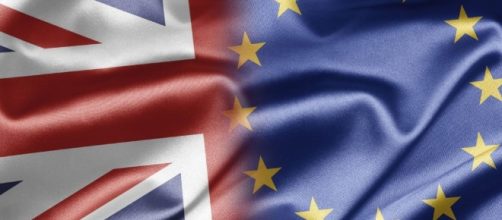What were the reasons behind the UK's decision to leave the EU?
Most of the real reasons were barely mentioned during the referendum campaign.
The EU's principal mistake was that it did not curry favour with the press barons who run the Sun, Telegraph, Express and Daily Mail. Rupert Murdoch admitted: “When I go into Downing Street they do what I say; when I go to Brussels they take no notice.”
These four papers had the largest circulation.
Other reasons lie with the Labour party. It was Atlee's government that made the decision not to join the European Coal and Steel Community in April 1951, mainly because they had just nationalised those industries.
British leaders changed their mind after the Suez debacle but by then Charles de Gaulle was in power and would block British membership in 1961 and 1967.
Other fateful decisions include Gordon Brown refusing to call an election in 2007 and Ed Miliband changing the party's leadership election rules. This led to Jeremy Corbyn, Labour's most Eurosceptic MP, becoming leader just when they needed a positive case for EU membership.
British geography was also a factor. As an island, we only have two borders with the EU, in Gibraltar and Northern Ireland. These areas overwhelmingly voted to remain because reestablishing a hard border is a massive inconvenience. This is one reason why Euroscepticism is weaker on the continent.
Green Belt - Soaring Rents - Housing Crisis - Anti Immigration Zeitgeist - Brexit
There is a more subtle factor that helped turn the English population against immigrants and the EU: the Green Belt.
The three classic arguments against immigrants are: not enough jobs, not enough space and not enough homes. The first two are urban myths. Unemployment during the referendum was the lowest for 11 years and only 2.27% of Britain is built on according to the UK National Ecosystem Assessment.
The housing shortage is most certainly not an urban myth. There are Londoners paying £500 a month for the privilege of sleeping in a cupboard under the stairs. The Green Belt is the reason why the UK has the smallest living space in Europe, smaller than Albania, Macedonia, Kosovo etc. It is estimated that 35% of the house price increases in the UK would not have happened if we had a free market in housing.
Housebuilding is the lowest since 1924.
Much of the anti immigrant feeling was driven by the housing shortage, competition for council homes with refugees was a very common complaint.
The EU must ensure that refugees are only placed in regions with adequate housing construction if it is to calm anti immigration movements as it is the only rational argument these movements have.

